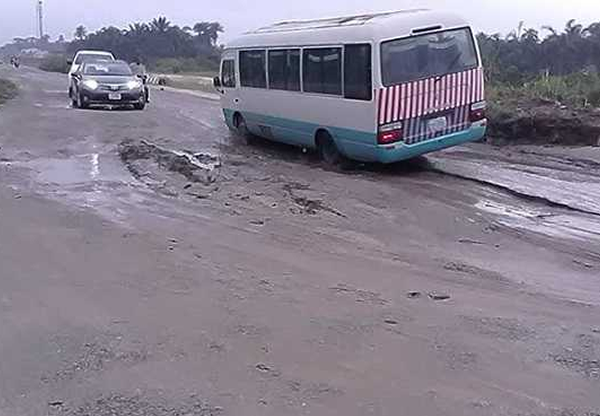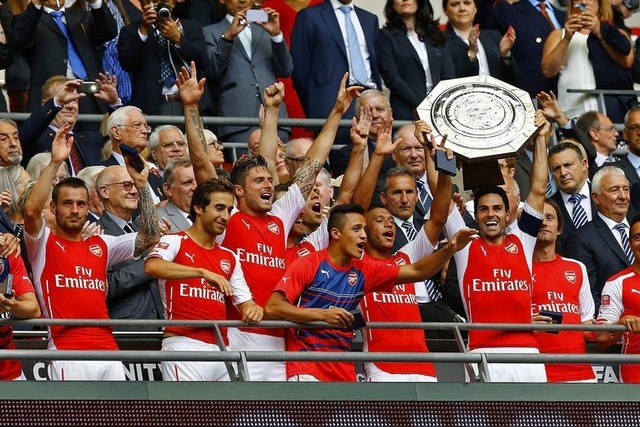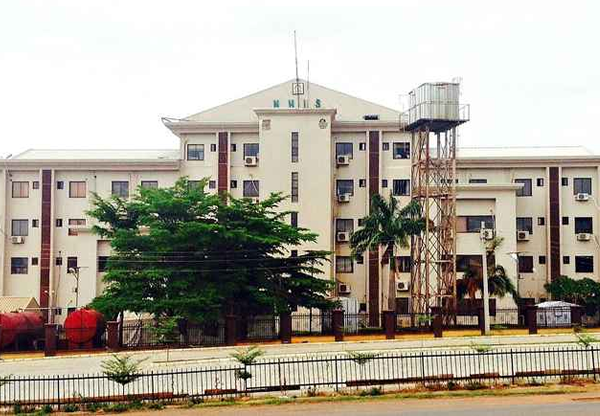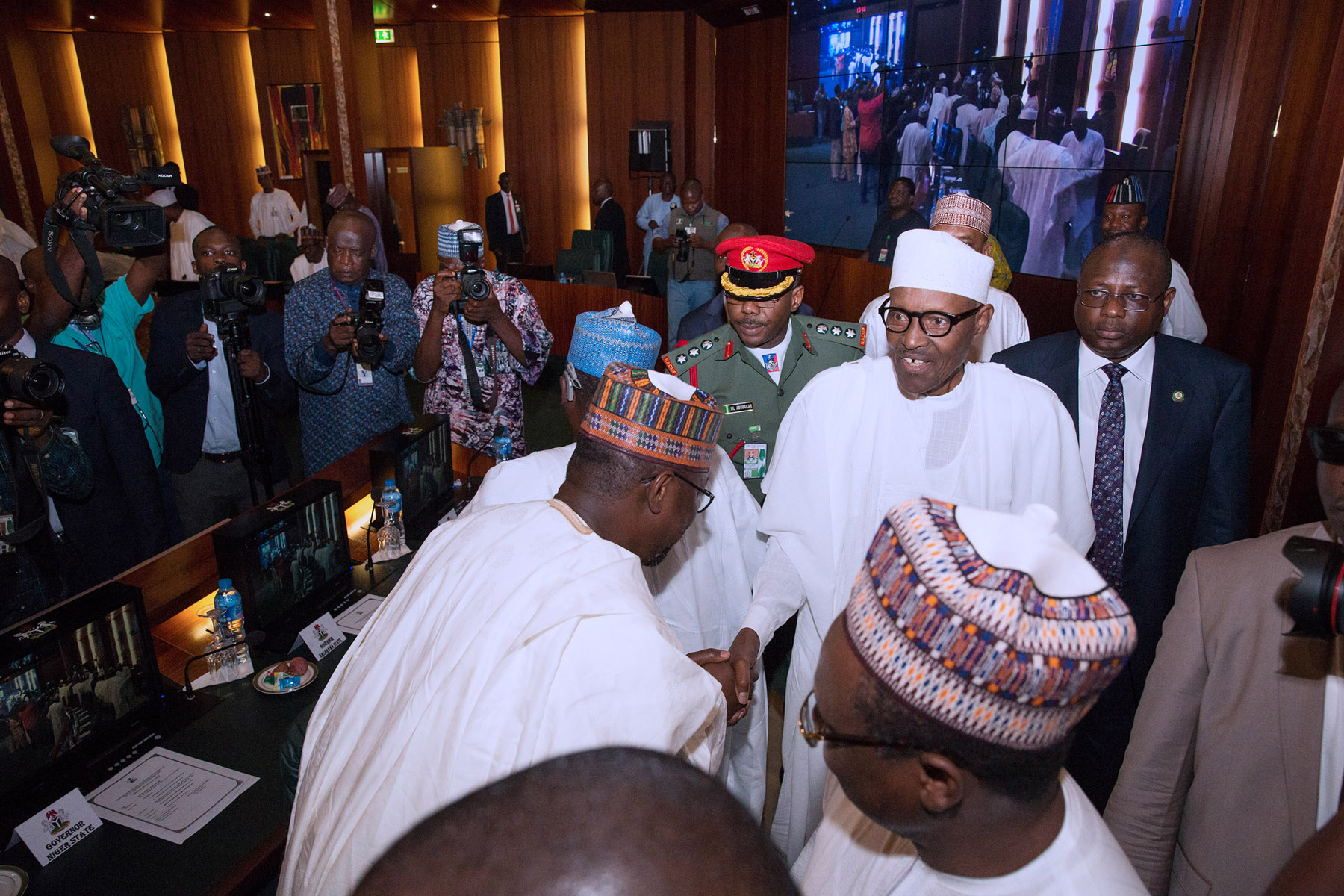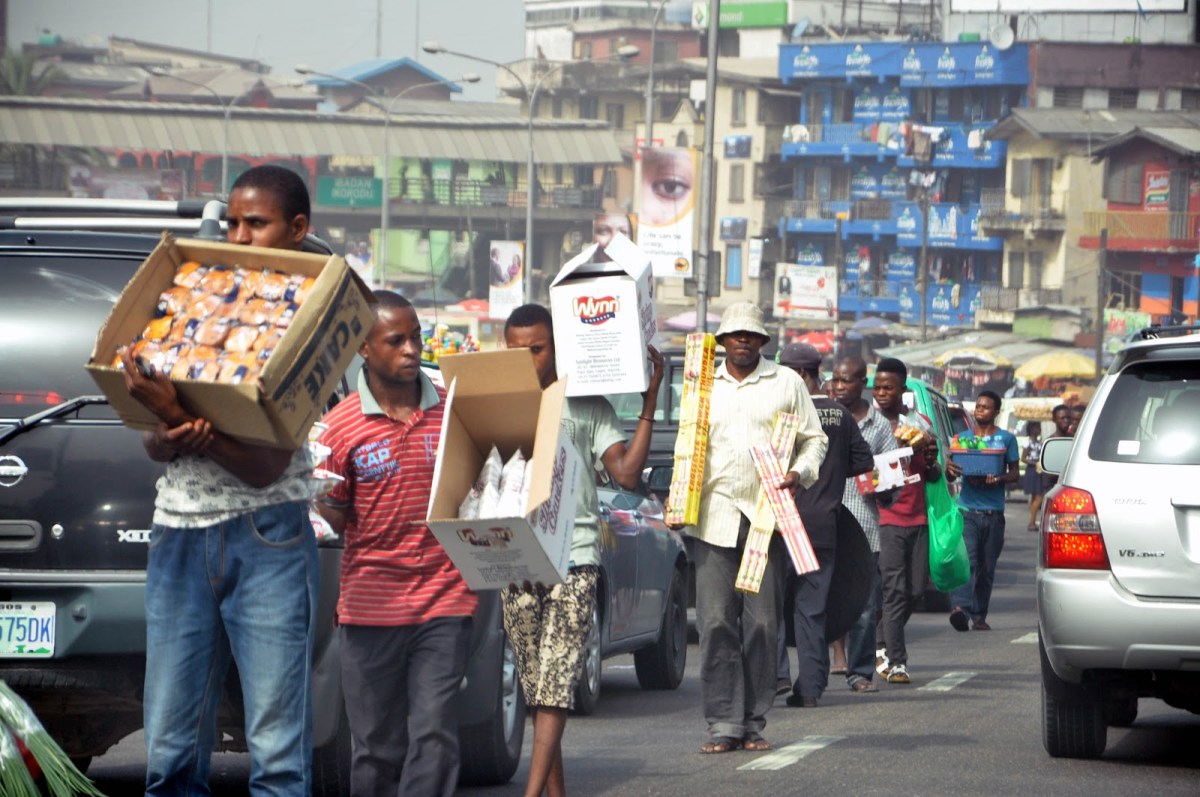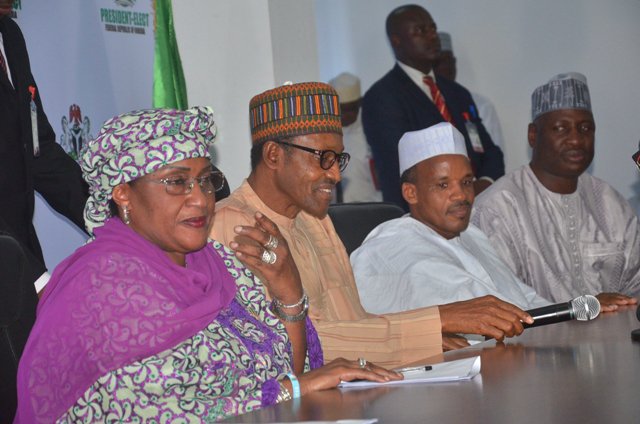BY EMMANUEL UNAEGBU
By law, all major infrastructural development (no matter how beautifully designed) must consider the position of the people.To this end, global best practice mandates the conduct of environmental and social impact assessment of such projects which usually involve wide range consultations and considerations.In Nigeria, the Environmental Impact Assessment Decree No. 86 of 1992 serves as guide.
Sadly, against this law and the basic principle of sustainable development, the Cross River State Governmentproposedthe construction of a 275km (formerly 260km) Super-Highway starting at the proposed Bakassi deep sea port through Calabarand terminating in Kastina-Ala, Benue state.
For those who may not know, the proposed Cross River Super Highway project is one of the most publicly contested developments in Nigeria. It has been contested by indigent people, concerned citizens, and local and international organisations; and for many reasons. First was for the now reverted 20km right of way. Second, it’s routing through the Cross River National Park and a number of community forests. Third, it’s shady source of funding. Fourth, the many falsified information in the submitted Environmental Impact Assessment (EIA) reports. Fifth, it’s lack of consideration and consultation of the affected communities. And it goes on.
Since its conception, the public contests have forced the Cross River State Government to submit four EIA reports. Unfortunately, all the reports fall short of prescribed standards.But as a shocker, the Federal Ministry of Environment’s EIA Department on Thursday 29th June, 2017, issued a provisional EIA approval with twenty-three (23) conditions which were to be met by the Cross River State Government (CRSG) within two weeks.At the time of writing this article (two months on), these conditions have not been met.
Advertisement
Specifically, conditions 8 and 9 provide for the recognition and compensation of project affected persons by the CRSG. Condition 8 states that
“CRSG shall ensure that the initial land clearing of the road corridor that was carried out without due inventory of the third party properties/farmlands is revisited to adequately compensate the project affected persons (PAPS) in line with National and International standards of practice on resettlement and restoration plans. This shall be done prior to project commencement.”
It is important to note here that the project has commenced. And this action by the CRSG is in direct violation of not just the 1978 Land Use Decree and the 1992 EIA Decree but the Constitution of the Federal Republic of Nigeria.
Advertisement
But in asking, how will the Federal Ministry of Environment ensure that the CRSG “adequately compensate” for the farmlands, cultural sites and other properties that have already been destroyed without prior evaluation?Without these details and corresponding beneficiaries, the Federal Ministry of Environment cannot measure this condition. Therefore, enforcing it remains vague.
Considering this lack of consultation with the people by the CRSG alone, there is no need to issue a provisional EIA approval in the first place.
But interestingly, the CRSG seem aware of the need for compensation. From the initial EIA reports submitted, it recognized and quoted the World Bank’s environmental and social safeguard policy on involuntary resettlement. A policy that requires project affected persons to be fully compensated for their losses at replacement cost.It is clear from the way this international policy was quoted in the EIA report that it was a case of ‘copy and paste’ without actually appreciating its application and implication.
Furthermore, the 4th EIA report shows that the CRSG proposed N700 million for compensations. Only N700 million! Considering the number of communities along the proposed super highway route, this amount is small and makes one wonder which communities are to be paid and which are not. Already, the people of Okuni community in Ikom local government area have sued the state government for N2 billion in lieu of the unevaluated destruction to farmlands, sacred temples and natural heritage sites.
Advertisement
Let’s do the math. Assuming that an average of N5 million is paid per household affected by the road, it will mean that only 140 household will be paid. Meanwhile, the EIA submitted recognized that 42 communities will be affected. At that rate, less than 4 households per community will be compensated. Thus, it won’t be wrong to suggest that the N700 million in the EIA report was inserted for the sake of it.
A critical look into the twenty three (23)conditions and points of action that the Federal Ministry of Environment issued for the provisional approval suggest one very important thing; that the ministry is not oblivious of the indecency that beclouds the highway project. A project that has repeatedly failed to consider and understand the position of the people for which it is being developed.
If the state government is insisting on constructing a road to create a legacy for itself, then there is an alternative it can and should pursue.First, the CRSG must get the people back into the highway development. And if the professor pays unbiased attention, he will hear the people say – rehabilitate and/or dualisethe Calabar-Ogojafederal roadto the standards of a super highway which will cost less, take less time to construct, have less environmental and social impact with the possibility of a paybackfrom the Federal Government. Constructing feeder roads to connect farming communities to the rehabilitated highway enabling them evacuate their farm produce.
So, Dear H.E. Senator (Prof) Ben Ayade, the people of Cross River want you to do the above. Simply because the current thinking of a new super highway will not help the people.
Advertisement
Unaegbu sent this piece from Abuja. He tweetsTwitter: @emmalysis
Advertisement
Views expressed by contributors are strictly personal and not of TheCable.
Add a comment
